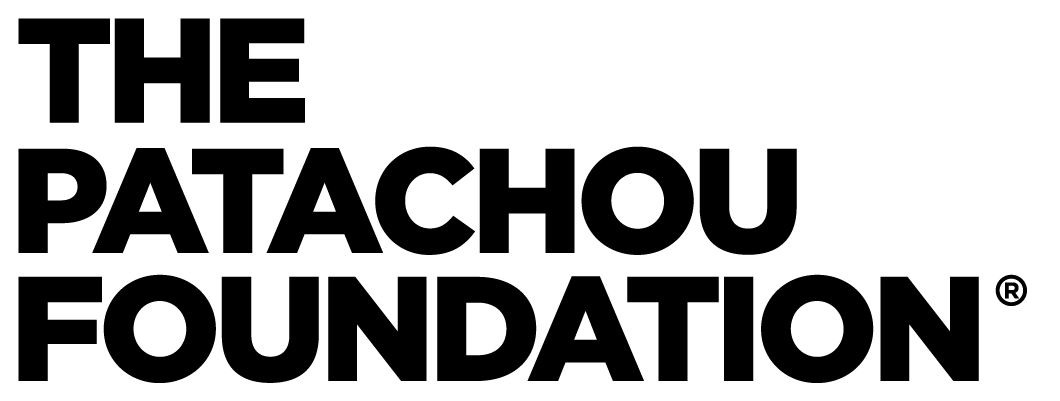Beyond Charity: Addressing the Root Cause
by Myriah Wallace
Myriah is Food and Community Liaison and a farmer for The Patachou Foundation. In addition to growing fresh produce for The Patachou Foundation’s scratch-made meals, they foster relationships with the communities we serve and creates educational programming surrounding the food system and food justice.
I remember the day my school lunch account came up empty. The high school I attended refused to serve meals to students without money in their accounts so there I stood, with my balance of zero, waiting for my tray to be taken away.
What followed was a swift act of justice performed on my behalf: the woman working in the cafeteria disregarded the school’s policy and gave me my meal for free. She broke the rules for me because she saw me for who I was: a sleepy teenager in need of sustenance. I was grateful, of course, but mostly inspired by the way she effortlessly performed this righteous deed.
Recently I learned there is an ancient word for this practice: tzedakah. This Hebrew word for charity describes giving to those in need as an act of righteousness, a duty, justice, and fairness. In Judaism, tzedakah goes beyond charity as something generous to perform and instead describes it as something that is owed to those in need and which requires the giver to truly see the receiver for who they are.
This also means we have to understand the root of what causes someone to be in need of our assistance. In his book, Big Hunger: The Unholy Alliance Between Corporate America and Anti-Hunger Groups, Andy Fisher suggests that the highest form of tzedakah leads the receiver to no longer need the assistance of the giver: that is when the root of the injustice they’re facing has been resolved.
“The highest form of food justice then is to address the systems that create hunger and poverty— for our work with kids, we know that means supplying young people with the resources and opportunities they need to achieve true food independence. ”
Looking at The Patachou Foundation’s anti-hunger work through this lens allows us to have a clear vision in mind: a world where kids and families are no longer dependent on hunger relief. We know that simply providing access to food, one of the pillars of our work, is not enough to free those we serve of their need for assistance.
The highest form of food justice then is to address the systems that create hunger and poverty— for our work with kids, we know that means supplying young people with the resources and opportunities they need to achieve true food independence.
That’s why we offer educational experiences alongside our meal service such as Food Explorers Club and the Food Fellowship. Long-term outcomes of these programs will allow young people to grow a stronger relationship with food and gain practical skills such as gardening, cooking, grocery shopping, and applying and interviewing for jobs— which provide opportunities for economic mobility.
Food has power. It is essential to our being and is a tool in self-reliance. We believe everyone has a right to this power and to the opportunities and resources to lead fulfilling lives.
As tzedakah describes, our anti-hunger work is not simply a kind act, it is our profound duty to provide solutions to systemic barriers that keep people from food independence.



